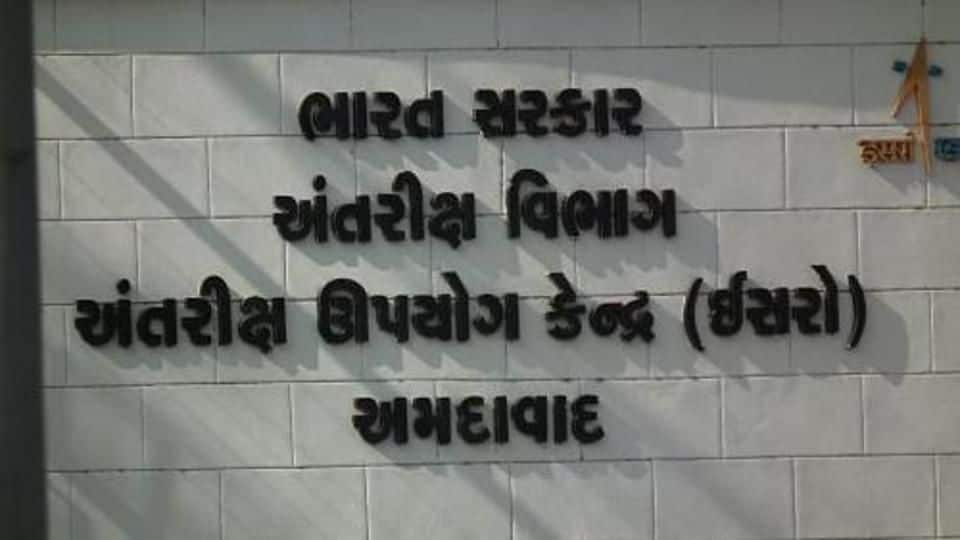
ISRO aims to launch first privately-produced rocket by 2021
What's the story
The ISRO has said it plans to launch for the first time a rocket completely built by private players by 2020-21. "Work is in progress to put the mechanism in place," said ISRO chairman AS Kiran Kumar. This will be part of a joint venture between ISRO and a consortium of companies aimed at covering up the deficit in satellite/launch vehicle production.
Reasons
What prompted ISRO to look to private players?
Till now, ISRO has built its PSLV rockets itself, but hasn't been able to meet the growing demand for satellite launches. It is now working on handing over the PSLV program to a group of private operators. Godrej & Boyce has confirmed its participation. About 30 firms are reportedly ready to build launch vehicles. However, the joint venture is yet to receive government clearance.
Status
How involved is the private sector in India's space program?
As of now, participation of the private sector in India's space program has been limited. But to "really develop a major aerospace industry", companies with different skills will have to come together, says Godrej. ISRO is now restructuring Antrix Corporation, its commercial arm, to work in collaboration with private players. However, many concurred India's private sector lacks the capacity to develop complex military aircraft.
IRNSS-1H
The first satellite manufactured in collaboration with private players failed
The PSLV-C39 mission was carrying the IRNSS-1H, the first satellite that ISRO manufactured in association with private companies. The consortium was led by Alpha Design Technologies. About 70 engineers from outside ISRO were involved. One goal was to train them so they could handle future projects on their own. However, the launch failed as the heat shield didn't separate in the last few minutes.
Benefits
The private sector's participation will be a win-win
With the private sector's involvement, ISRO hopes to take its current eight-ten launches a year to 18-20; though there are 40 satellites in orbit, India's requirement is "much much higher", Kumar said. It will also "enable Indian firms to bag a significant pie of the global market". They could also try to enter the space tourism industry, something beyond ISRO's mandate.
Next
Meanwhile, ISRO prepares for its first launch in four months
ISRO is gearing up for its next project: the launch of Cartosat along with 30 nano satellites of foreign countries in December. "The replacement satellite for IRNSS-1A (where a flaw is preventing it from sending precise locational data) will be launched soon thereafter," said Vikram Sarabhai Space Centre director Dr K Sivan. This would be the first launch after the IRNSS-1H failure in August.